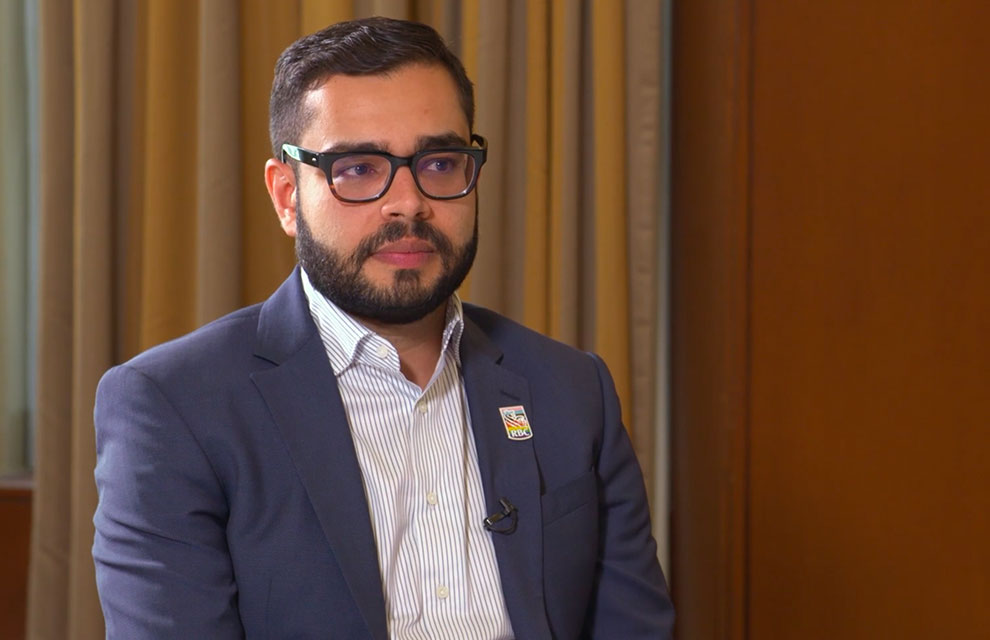The Bank of England, HM Treasury and the Financial Conduct Authority have completed a simulation exercise to evaluate the resilience of the UK’s financial sector to serious operational disruption.
The two-day simulation, known as SIMEX 22, was conducted with 50 regulated firms and was designed to identify systemic risks and potential improvements to the financial sector’s collective response capabilities.
It was managed and developed by the Cross-Market Operational Resilience Group (CMORG), a joint initiative between UK regulators, UK Finance and the industry, and builds on the foundations set by an earlier simulation exercise conducted four years ago, SIMEX 2018.
By operational resilience, the CMORG members are referring to “the ability of firms, and the financial sector as a whole, to absorb and adapt to shocks and disruptions, rather than to contribute to them.”
This involves more than disaster recovery and business continuity. The expectation is that financial firms and financial market infrastructure (FMI) entities have robust plans to deliver essential services, regardless of the type of disruption, which may include human-made threats such as physical and cyber attacks, IT outages or the failure of third-party suppliers. This may also include ‘natural hazards’, such as fire, flood, pandemics or severe weather disruption.
To support operational resilience, The Bank of England indicates that its primary engagement is through its supervision of FMIs and individual firms, and by working with the UK financial sector and international authorities to promote collective action.
In promoting this objective, the Bank of England and the Prudential Regulatory Authority (PRA) require firms to identify and prioritise key business services which, if disrupted, would have significant impact on the public interest and the operation of the financial sector.
Additionally, firms should set impact tolerances, indicating to what extent they would be able to continue to provide important business services after severe, but plausible, disruption.
With these in place, firms must also ensure that they can remain within these impact tolerances and take remedial action when they identify vulnerabilities which may impair their ability to remain within these tolerance levels.
Commenting on the SIMEX 22 simulation exercise, Sam Woods, deputy governor of prudential regulation and CEO of the Prudential Regulation Authority, says: “It is important to prepare our response to any widespread incident. The financial authorities and industry working together to rehearse our response is a vital part of this.”
UK Finance chief executive David Postings adds: “A resilient financial services sector is crucial in a modern economy and a continual focus for the banking and finance industry.
The sector-wide exercise this week will help ensure our collective response to any potential incident is robust, protecting the UK’s financial system, institutions and customers.”




